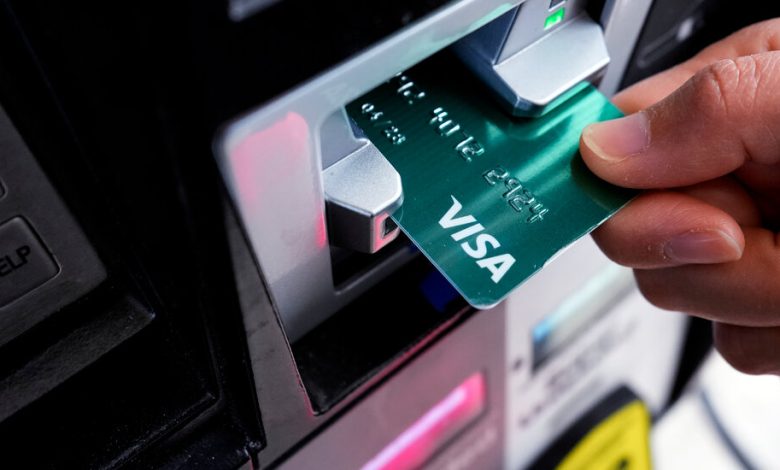New Federal Rule Caps Most Credit Card Late Fees at $8

Millions of Americans could soon see lower credit card bills after a federal rule that caps late fees at $8 a month was finalized on Tuesday by the Consumer Financial Protection Bureau, which estimates that the change will save households $10 billion a year.
Late fees have become a major profit source for credit card issuers, generating more than $14 billion in 2022, according to bureau data. A 2010 rule imposed by the Federal Reserve aimed to cap the charges, but allowed adjustments for inflation — a provision card issues have used to raise their fees far beyond the actual costs they incur when payments arrive late, the bureau said.
That allowed credit card companies to “harvest billions of dollars in junk fees from American consumers,” said Rohit Chopra, the bureau’s director. “Today’s rule ends the era of big credit card companies hiding behind the excuse of inflation when they hike fees on borrowers and boost their own bottom lines.”
The new restriction limits issuers to an $8 fee, unless they can prove they need to charge more to cover their actual collection costs. It applies only to large issuers that have more than one million open accounts, but the agency estimates that the rule will cover 95 percent of outstanding credit card balances.
The rule is scheduled to be published shortly in the Federal Register and will take effect 60 days later.
Banking trade groups fiercely oppose the rule and are likely to sue to try to block it.
Ian Katz, a managing director at the research firm Capital Alpha Partners, predicted that litigation would be filed “in a sympathetic district where industry is likely to get the rule’s implementation delayed while the case is considered.”



